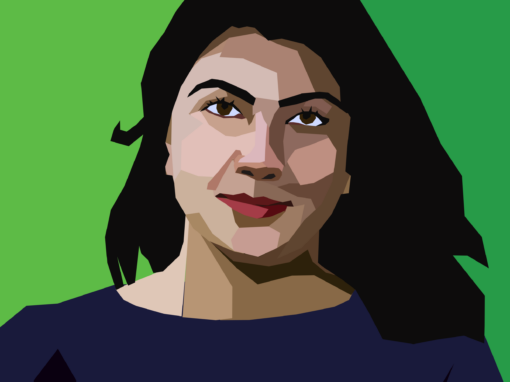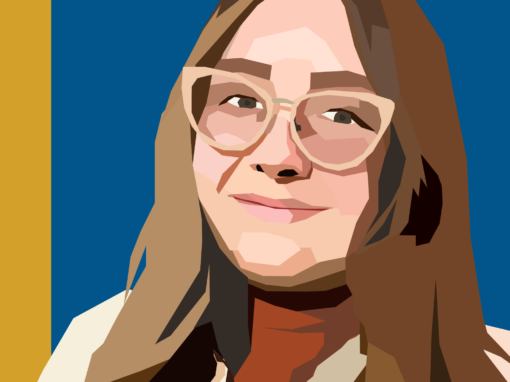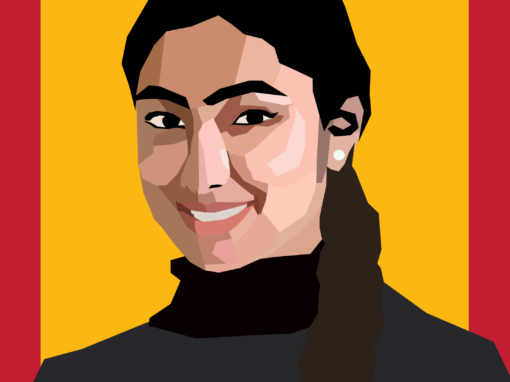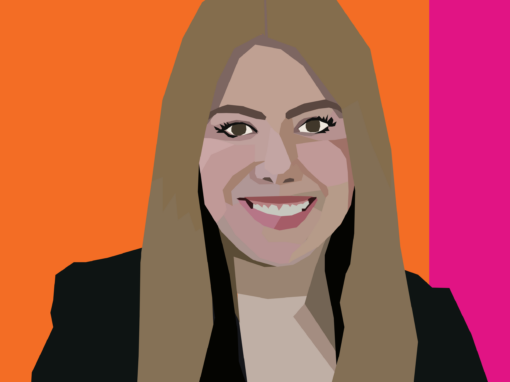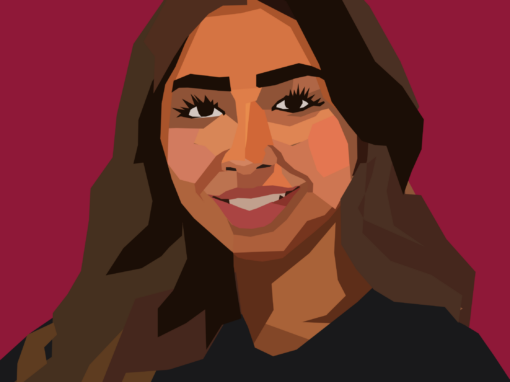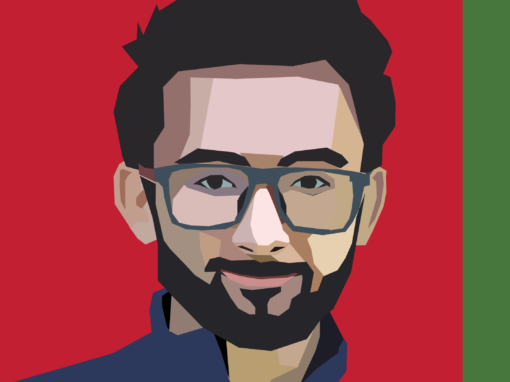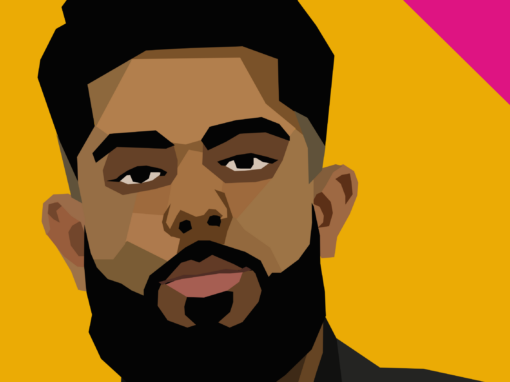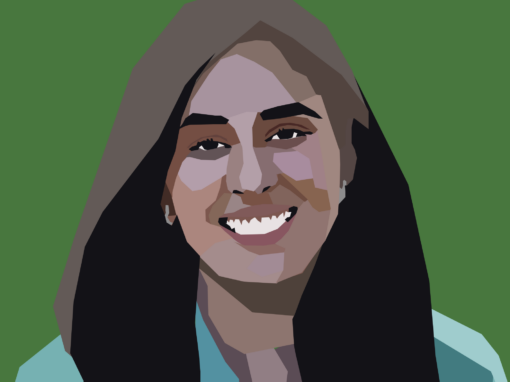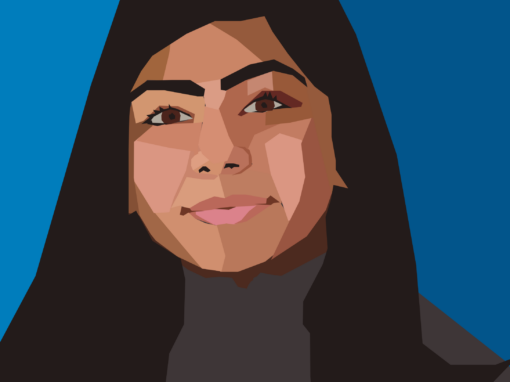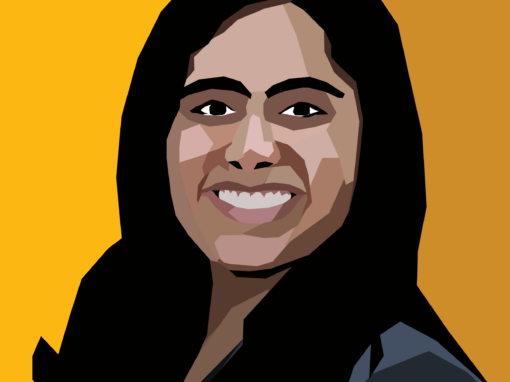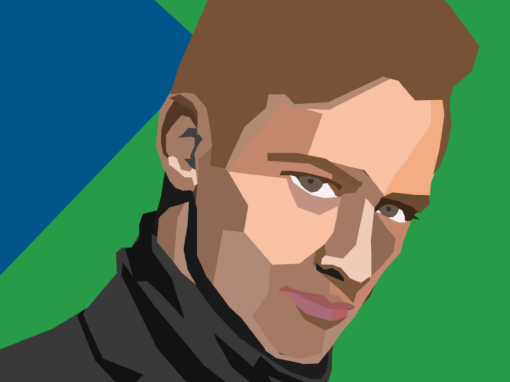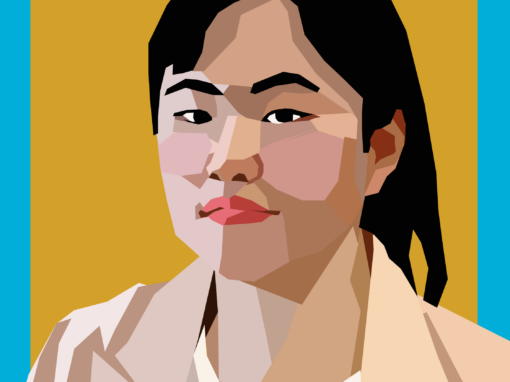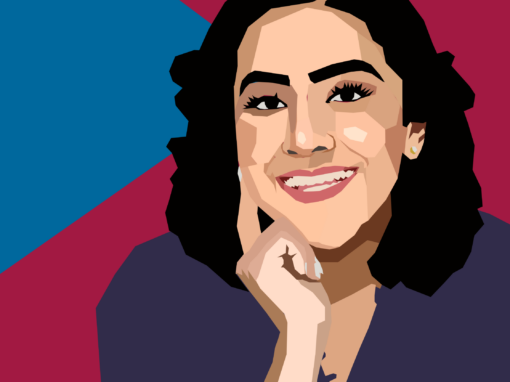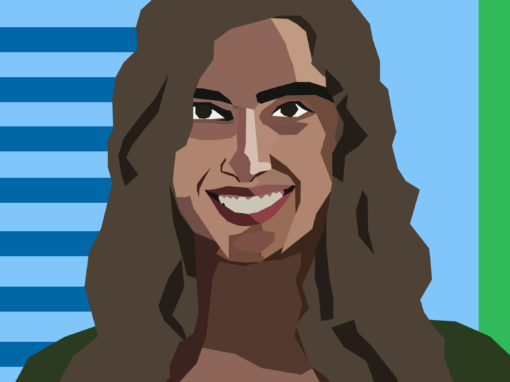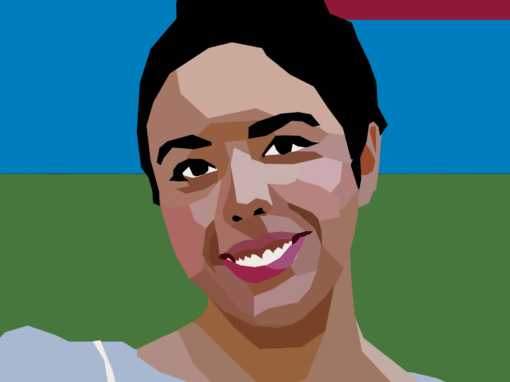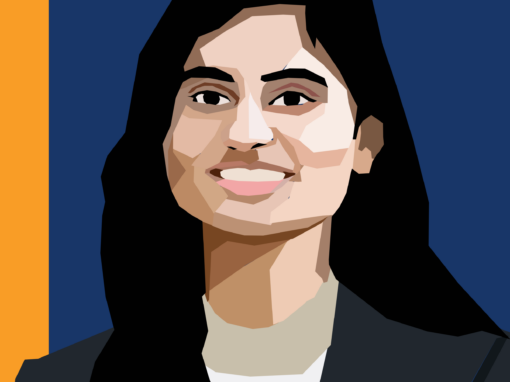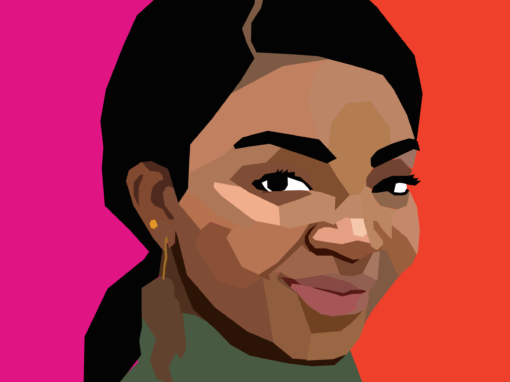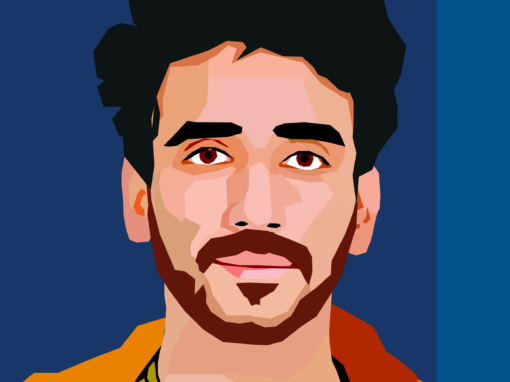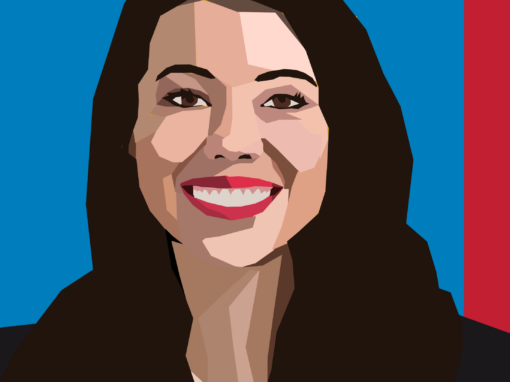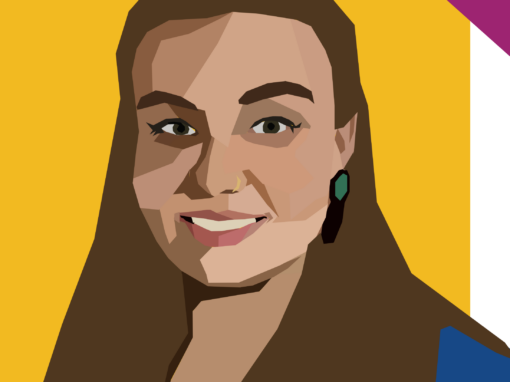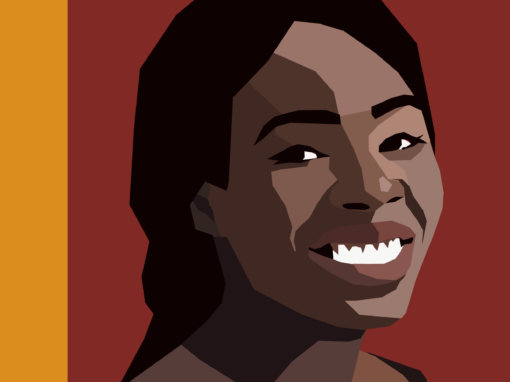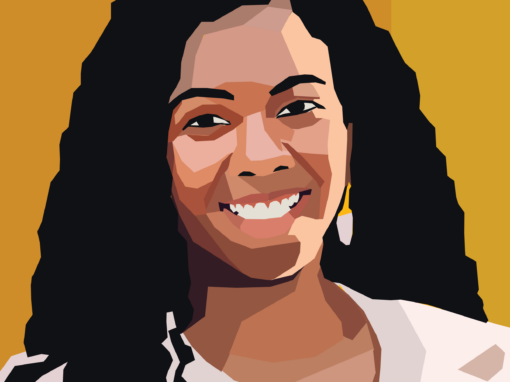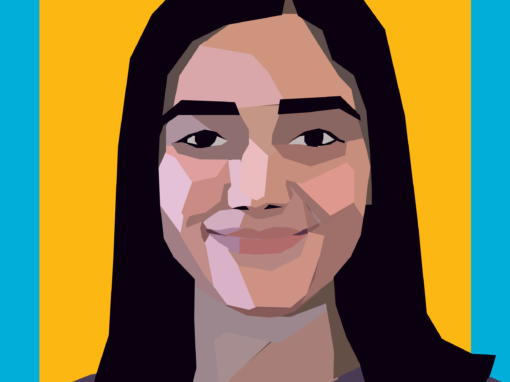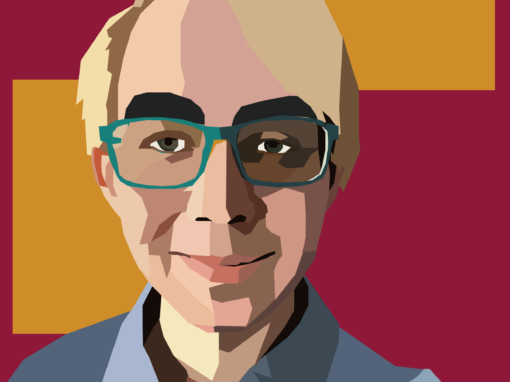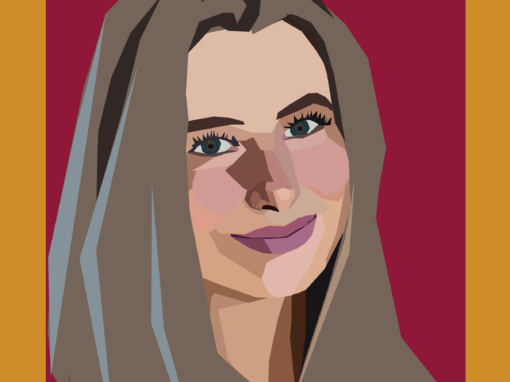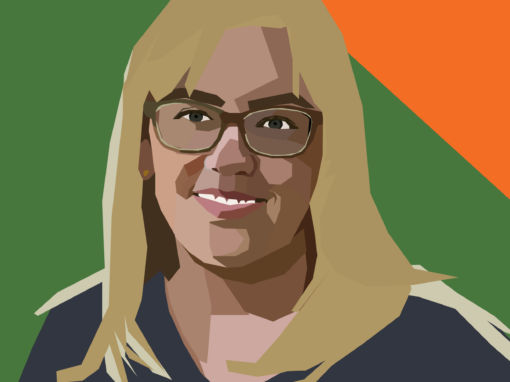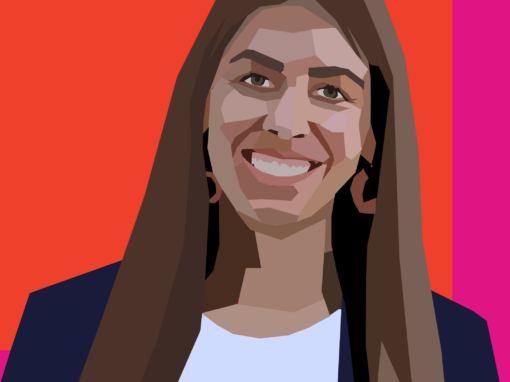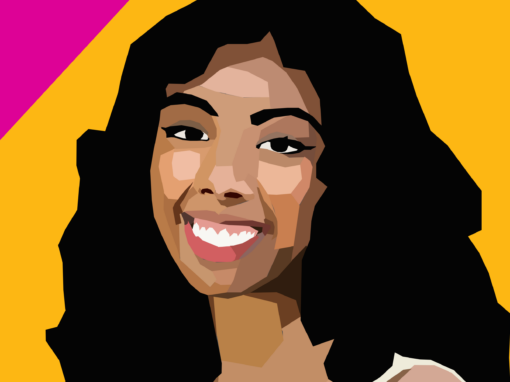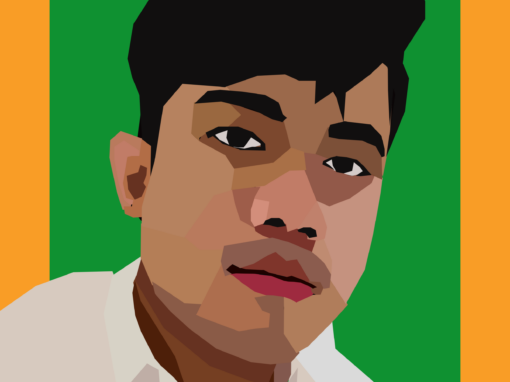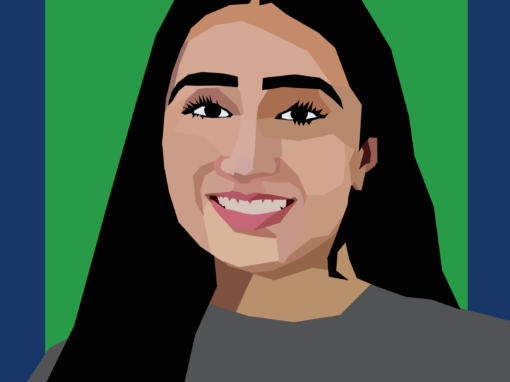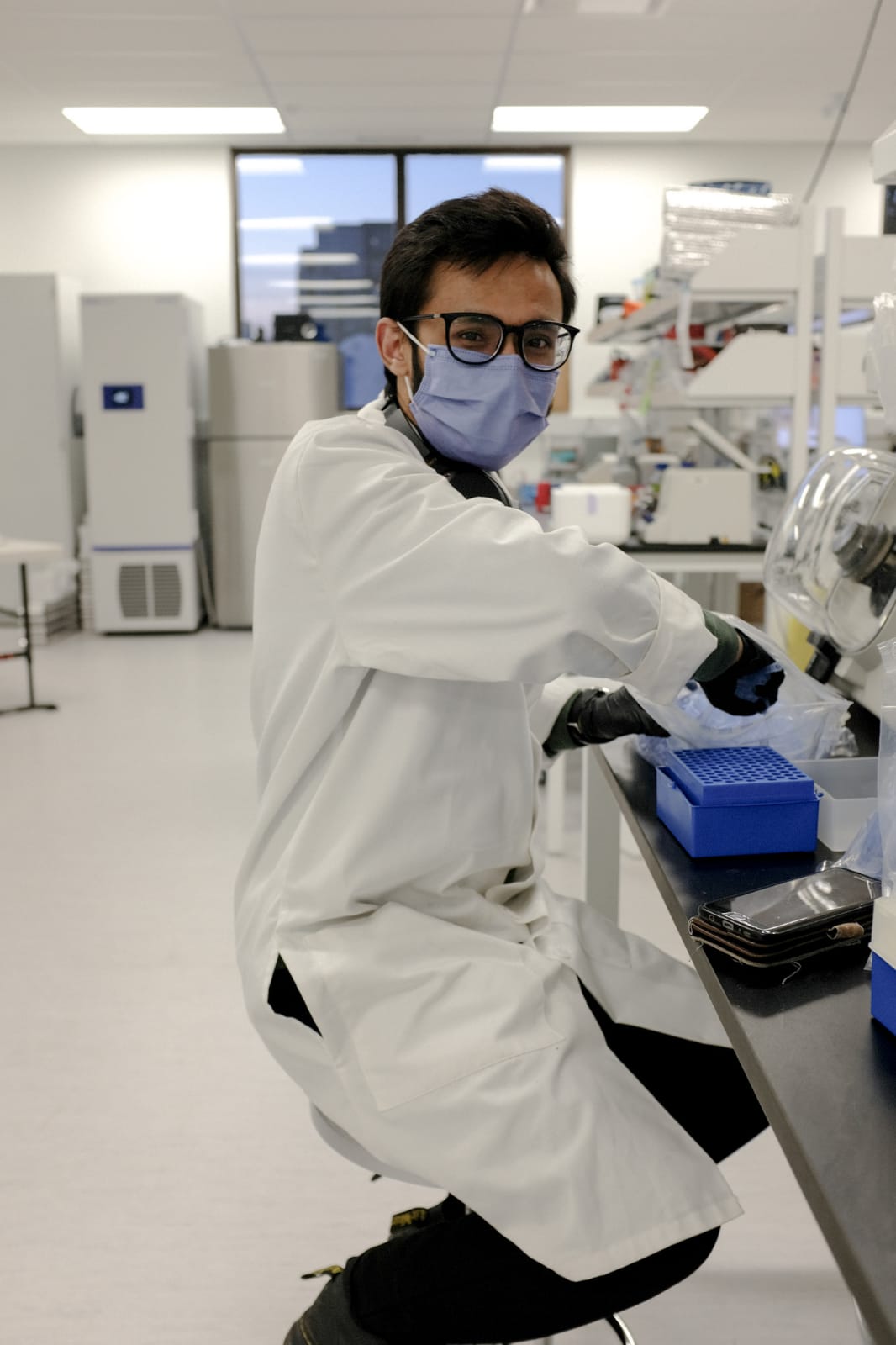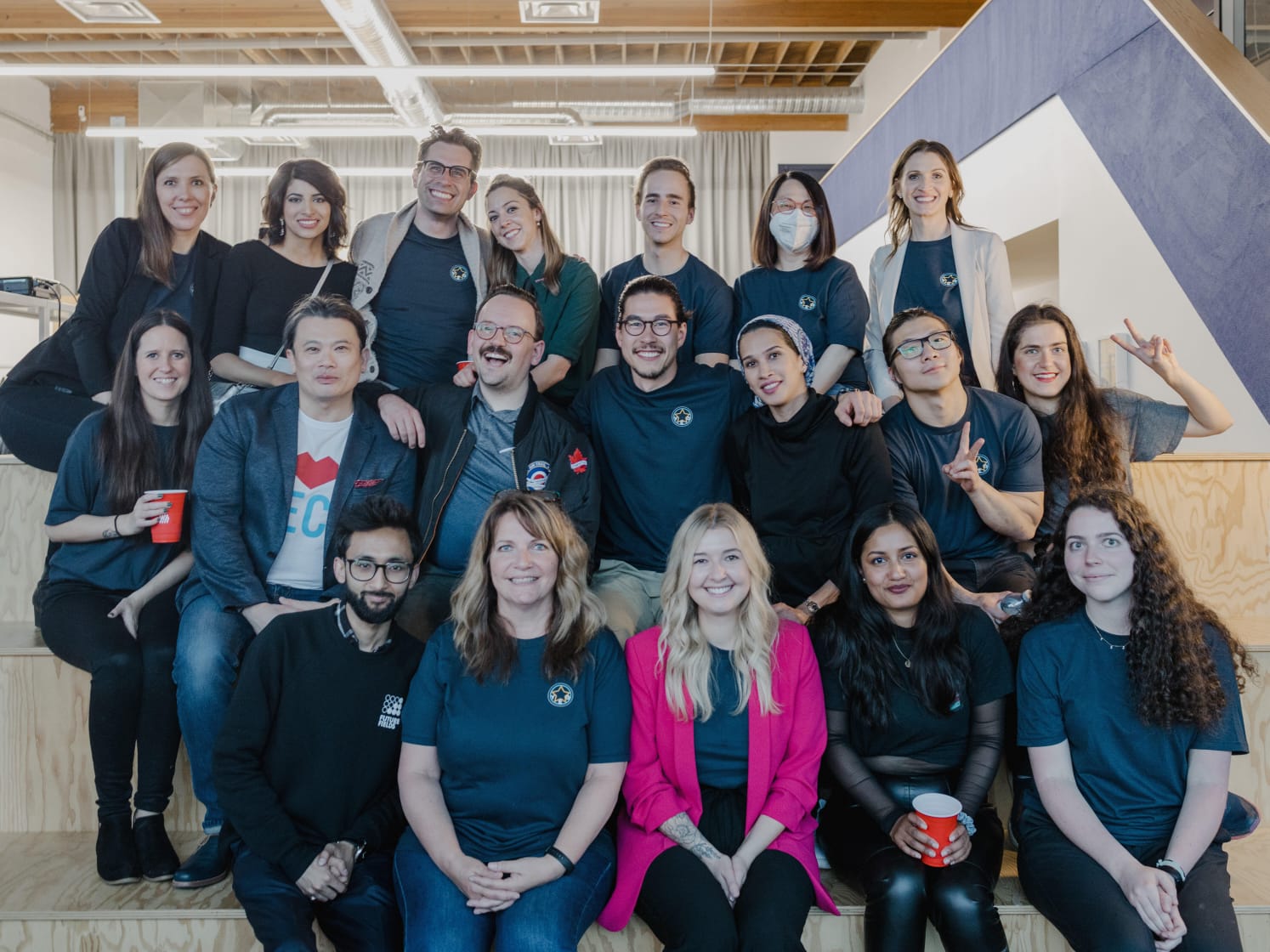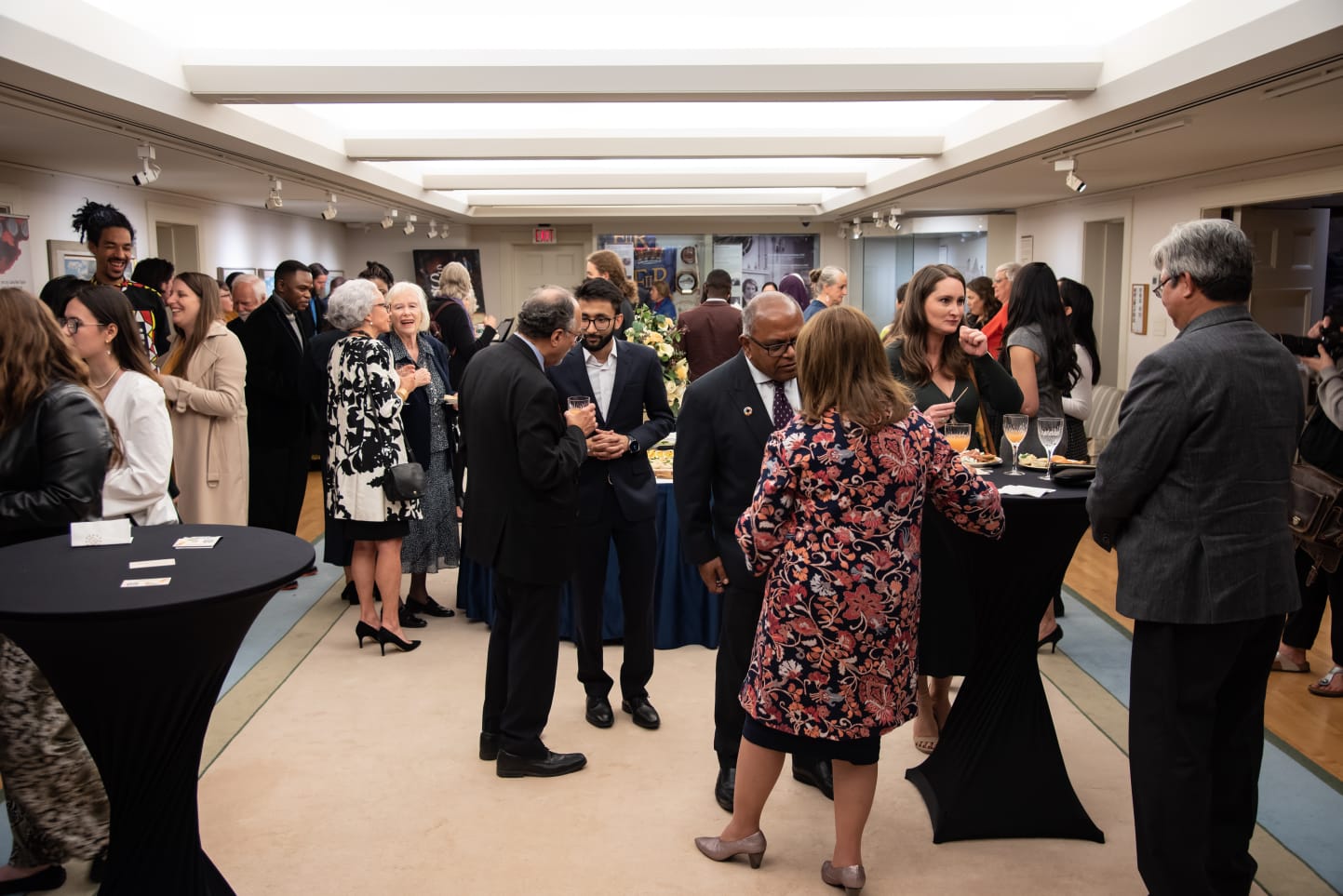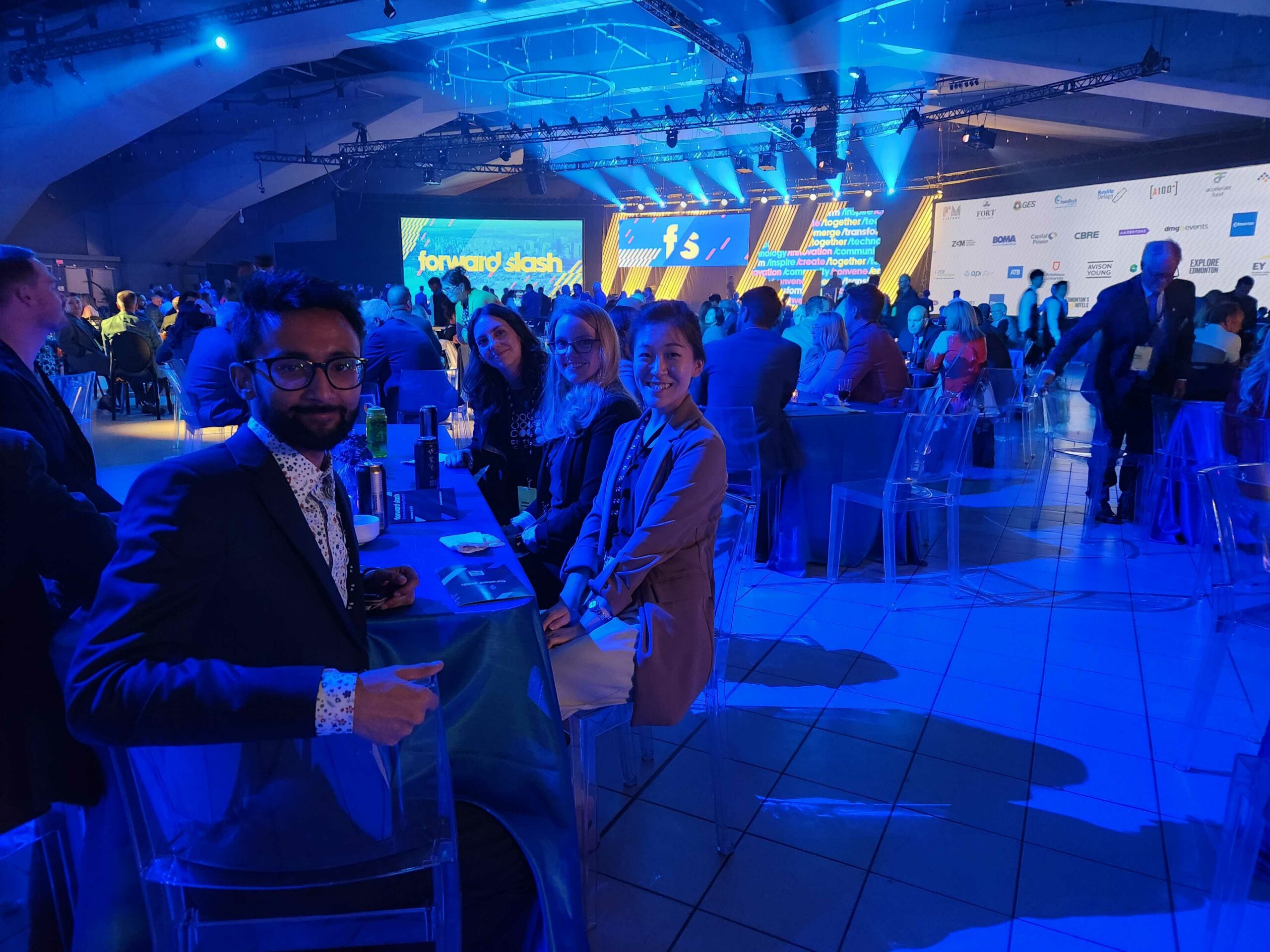“Constantly thinking about making a positive change in everything that you do will feel like the weight of the world is on your shoulders. Don’t worry, just maintain good intentions in your work, and your own intuitions will guide you toward contributing to a better world.”
Syed “Abbas” Mehdi
2023 Top 30 Under 30
About
AGE: 27
PRONOUNS: He/Him
HOMETOWN: Karachi, Sindh, Pakistan
CURRENT RESIDENCE: Edmonton, AB
ORGANIZATIONS:
- John Humphrey Centre for Peace and Human Rights (JHC)
- YEG Startup Community Awards
- International Genetically Engineered Machin (iGEM) Foundation
- Future Fields
Sustainable Development Goals (SDGs)
I am most passionate about:
What specific issue(s) are you taking on, and what inspires you to do so?
While we have witnessed unprecedented technological growth in recent decades, the COVID-19 pandemic has exposed how flawed and socially irresponsible our current global technology and innovation systems are. Only a few benefit from technology, and this creates even more inequality. The pandemic also revealed how exploitative supply chains are; the richest societies prioritize biotech innovation at any environmental and human cost. The world’s leaders in technology have great potential to drive social responsibility in tech and to fundamentally change the way we think about technology. We must start by asking and prioritizing the hard questions: how can we use technology to improve or even save lives, increase the quality and abundance of food, and protect our environment?
How do you work to ensure inclusion and reduce inequalities in your everyday actions?
As a biotech scientist, startup champion and human rights advocate, I have been fortunate to have a network of like-minded people that support me and educate me on how to think critically about my impact. By interacting with Human Rights defenders in Edmonton, I have learned how to consider dignity in all the work that I do within the biotech and startup space. By centring my work on empathy and dignity, I can proactively identify and resolve issues such as exclusion in tech spaces. Recognizing the power of community and collaboration, I build bridges between human rights work and tech by connecting tech companies to human rights defenders. People working in peacebuilding and promotion of human rights can then use greater technological tools to further their cause, as well as provide feedback to technology companies on how to tune these tools to be more inclusive, respectful and transparent.
What more needs to be done to reduce inequalities and ensure inclusive spaces for all people?
Collision is a word often used in tech spaces. It means “confluences of seemingly disconnected disciplines to create a whole new function.” I think we can find sustainable solutions by proactively creating spaces for “collisions” where people from all walks of life meet to innovate collaboratively to address our biggest challenges. This collaborative work is iterative, and institutions will need to become comfortable with failure. My hope is that through these collisions and iterations, we will create a new status quo of centring our work on empathy and dignity to improve lives and reduce inequity in our society.
More Top 30s from 2023
